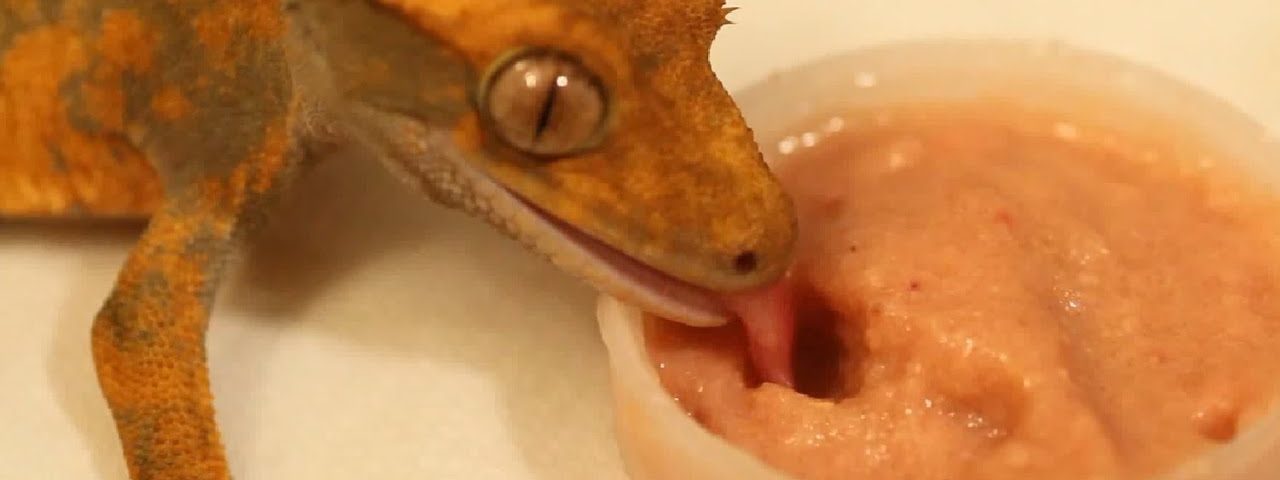Crested geckos, also known as eyelash geckos, are a popular pet reptile due to their unique appearance, ease of care, and relatively long lifespan. One important aspect of caring for a crested gecko is providing a proper diet that meets their nutritional needs. In this article, we’ll explore what crested geckos eat, how to feed them, and what to avoid.
Natural Diet of Crested Geckos
In the wild, crested geckos feed on a variety of insects, fruit, and nectar. Their natural diet consists of insects such as crickets, roaches, and mealworms, as well as fruit and nectar from trees and plants.
Commercially Available Crested Gecko Diets
In captivity, it’s recommended to feed a diet consisting of commercially available crested gecko diet, insects, and occasional fruit. Crested gecko diet is a specially formulated food that meets the nutritional needs of crested geckos. It’s a complete diet that includes protein, vitamins, and minerals. It’s available in powder form, which is mixed with water to form a paste that can be offered to your gecko.
Feeding Schedule
Crested geckos should be fed every other day, with the amount of food offered based on the age and size of the gecko. Hatchlings should be fed daily, while adults can be fed every other day. It’s important not to overfeed your gecko, as obesity can lead to health issues.
Insects
Insects can be offered to your crested gecko as a supplement to their crested gecko diet. Some suitable insects include crickets, roaches, and mealworms. It’s important to gut-load the insects before feeding them to your gecko. Gut-loading means feeding the insects a nutritious diet before offering them to your gecko, which in turn provides a more nutritious meal for your gecko. Insects should be offered in moderation, as too many can lead to health issues.
Fruit
Fruit can also be offered as a supplement to your crested gecko’s diet. Suitable fruits include mango, papaya, and figs. Fruit should be offered in moderation, as too much can lead to health issues.
Water
Crested geckos also need access to clean water at all times. A shallow dish of water should be provided in their enclosure, and the water should be changed daily.
Foods to Avoid
There are several foods that should be avoided when feeding your crested gecko:
Insects caught in the wild
Insects caught in the wild can carry harmful bacteria and parasites that can make your gecko sick. Stick to commercially raised insects or those raised at home on a nutritious diet.
Processed foods
Avoid feeding your gecko processed foods, as they lack the nutrients necessary for a healthy diet.
Citrus fruits
Citrus fruits should be avoided, as they can cause digestive issues in crested geckos.
Foods high in fat
Foods high in fat, such as cheese and fatty meats, should be avoided, as they can lead to obesity and health issues.
Crested geckos require a diet that meets their nutritional needs, consisting of crested gecko diet, insects, and occasional fruit. It’s important to feed them in moderation and to avoid certain foods that can lead to health issues. By providing a balanced and nutritious diet, you can help ensure the health and longevity of your crested gecko.

